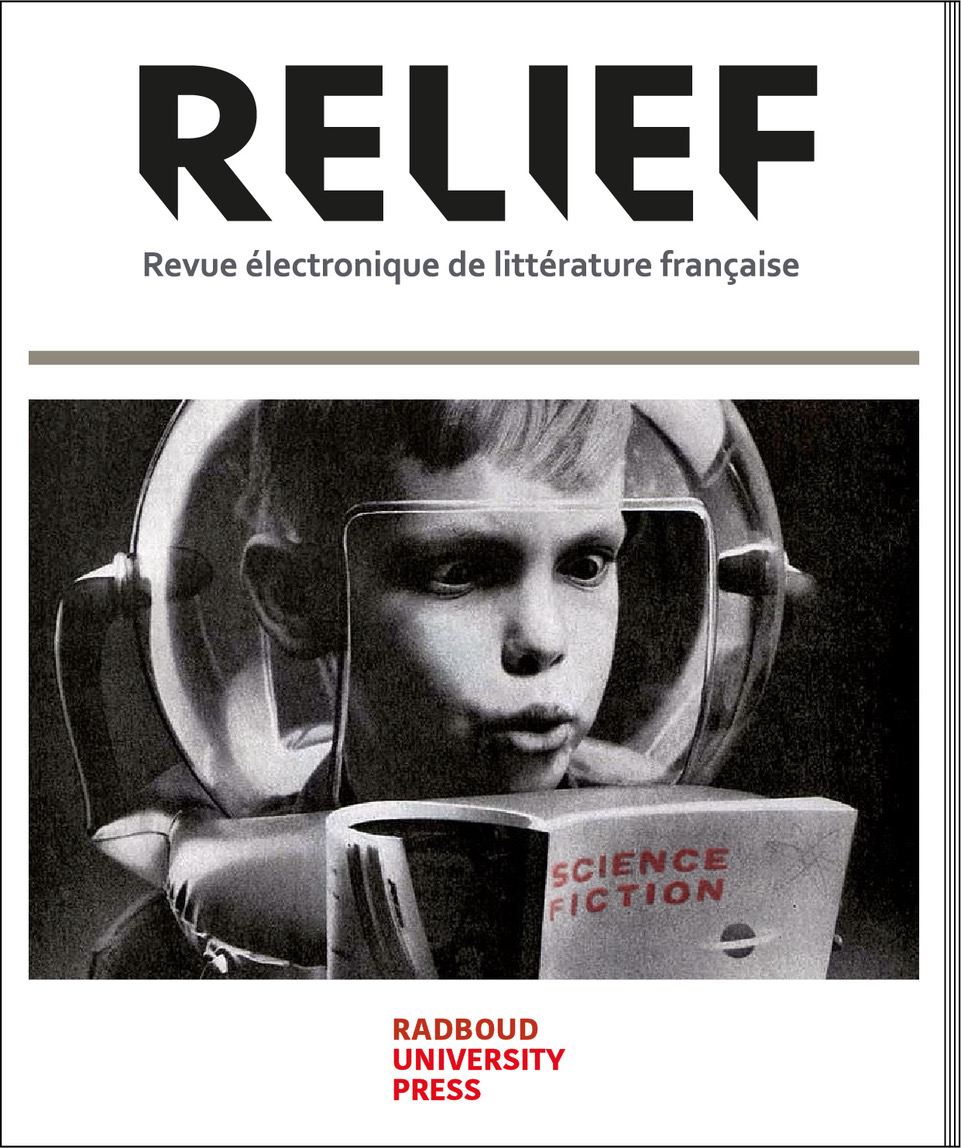Vol. 17 No. 1 (2023): Science fiction and the teaching of politics

Edited by Colin Pahlish and Gaspard Turin
Since the 1930s, science fiction has explored the many ways in which technologies influence our coexistences, to the point of proposing reconfigurations of the rules of society. In this and other ways, science fiction has regularly helped to renew our understanding of politics (« la » politique). This is obvious to its readers. What is less obvious is its ability to ask us questions about politics (« le » politique), in other words, about questioning and reinventing our ways of living as a community. If we are revisiting the age-old question of SF's ability to change the world, we are doing so here with a fresh approach: that of its teaching, which in all likelihood has become exponentially more popular in schools in recent years. By thinking of the classroom as a fertile ground for reinventing our future governance, we are preparing ourselves for this future, while at the same time developing a teaching methodology that incorporates the democratic principle more directly. The contributions in this issue all present ideas along these lines. If the time has come to broaden the reading of SF beyond the private and recreational, it is then also time to rethink this genre by giving it the institutional time and space it deserves, so that it becomes the vector of institutional, social, ethical and political change that we need and can ignore no longer.


















